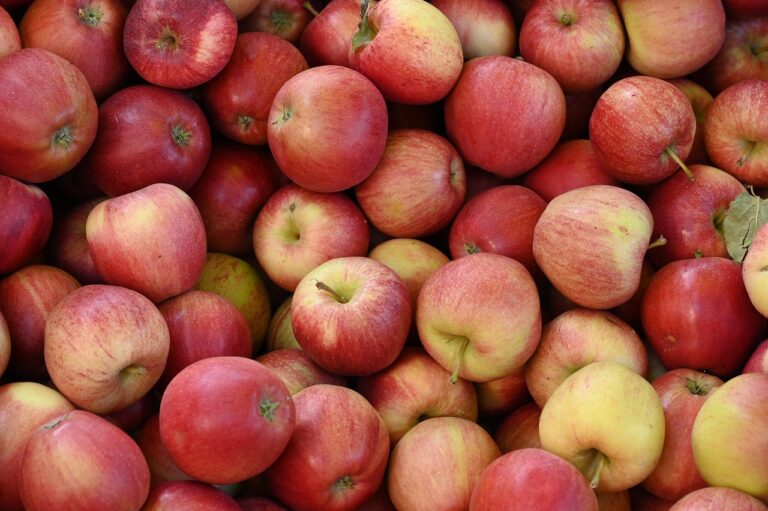Addressing Pet Food Additive Concerns and Regulatory Compliance: All panel.com, Cricket 99 betting app, Lotus365 login
all panel.com, cricket 99 betting app, lotus365 login: Addressing Pet Food Additive Concerns and Regulatory Compliance
Pet owners are increasingly becoming more conscious about the ingredients in the food they feed their furry companions. As a result, there is a growing concern about pet food additives and their potential impact on the health and well-being of pets. In this article, we will discuss the importance of addressing these concerns and ensuring regulatory compliance in the pet food industry.
Understanding Pet Food Additives
Pet food additives are substances added to pet food to improve its flavor, texture, appearance, or nutritional content. These additives can include vitamins, minerals, preservatives, antioxidants, and flavor enhancers. While many additives are necessary to meet the nutritional needs of pets, some pet owners are wary of the potential risks associated with certain additives.
Common Pet Food Additives
Some of the most common pet food additives include:
1. Artificial colors: Used to enhance the visual appeal of pet food, artificial colors have been linked to a range of health issues in pets, including allergies and cancer.
2. Preservatives: Preservatives are added to pet food to extend its shelf life and prevent spoilage. However, some preservatives, such as BHA and BHT, have been associated with adverse health effects in pets.
3. Flavors: Artificial flavorings are often added to pet food to make it more palatable. While these additives are generally considered safe, some pets may have sensitivities to certain flavors.
Regulatory Compliance in the Pet Food Industry
The pet food industry is heavily regulated to ensure the safety and quality of pet food products. In the United States, the Food and Drug Administration (FDA) and the Association of American Feed Control Officials (AAFCO) set stringent guidelines for pet food manufacturers to follow. These guidelines include requirements for ingredient sourcing, labeling, and manufacturing processes.
Pet food manufacturers must also adhere to specific regulations regarding the use of additives in pet food. For example, the FDA prohibits the use of certain additives in pet food, such as sulfites and nitrites, due to their potential health risks. Additionally, pet food labels must accurately list all additives used in the product, along with their purpose and concentration.
Ensuring Regulatory Compliance
To ensure regulatory compliance in the pet food industry, pet food manufacturers must:
1. Source ingredients from reputable suppliers that meet regulatory standards for quality and safety.
2. Test all additives for purity and potency before incorporating them into pet food products.
3. Follow strict manufacturing processes to prevent contamination and ensure product consistency.
4. Conduct regular quality control checks to verify the safety and efficacy of pet food additives.
By adhering to these guidelines, pet food manufacturers can maintain regulatory compliance and provide pet owners with peace of mind about the safety of the products they are feeding their pets.
Conclusion
In conclusion, addressing pet food additive concerns and ensuring regulatory compliance is crucial for the health and well-being of pets. Pet owners should be diligent in researching the ingredients in the pet food they purchase and choose products that meet high safety and quality standards. By working together with regulatory agencies and pet food manufacturers, we can ensure that pets receive the nutrition they need without compromising their health.
FAQs
Q: Are all additives in pet food harmful?
A: Not all additives in pet food are harmful. Many additives are necessary to meet the nutritional needs of pets and are considered safe when used in appropriate concentrations.
Q: How can I know if a pet food product is compliant with regulations?
A: Look for pet food products that are labeled with the AAFCO statement, which indicates that the product meets AAFCO guidelines for complete and balanced nutrition.
Q: Can I make my own pet food to avoid additives?
A: While homemade pet food can be a good alternative, it is essential to ensure that the diet is nutritionally balanced to meet your pet’s requirements. Consult with a veterinarian or pet nutritionist for guidance.







